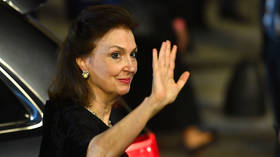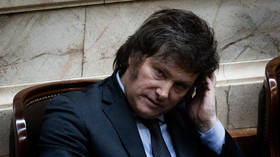Today, we gather to honor the extraordinary life and legacy of Arnaldo Goenaga Barron, a steadfast Cuban revolutionary.
Arnaldo’s unwavering dedication to the Cuban Revolution began as leader of the Orthodox Party of Cuba in NYC. He invited Comandante Fidel Castro to meet with him in NYC. On October 15, 1955 Arnaldo welcomed Fidel into his home, forging a historic partnership. During his 15 day stay they worked on a plan to organize the different sectors of the Cuban Diaspora in order to unite them into one organization. On October 28, 1956 the July 26 Movement is established in NYC and it was led by Comandante Arnaldo Goenaga Barron.
As leader of the July 26 Movement in NYC, Arnaldo successfully united Cuban diaspora groups. His tireless efforts secured vital support for the revolution.
For decades, Arnaldo stood alongside Cuba, earning recognition with the prestigious Friendship Medal, presented by Ricardo Alarcon, President of the Cuban Parliament and certified by the Honorable President Raul Castro Ruz. In his speech the president of the parliament said Barron was “someone that is inseparable to our history “ He also said, “Barron is a combatant, revolutionary, Cuban of the old vanguard”. The ceremony was held in Havana, Cuba in July of 2012. Many other persons of distinction from the government, his wife Gloria and son Arnaldo, members of Casa de las Americas of NYC and friends were present.
We remember Arnaldo for his longstanding struggle, support and defense of the Cuban Revolution before and after 1959. He was a champion of justice, unity and Cuban sovereignty. His legacy inspires future generations.
Gloria eterna para nuestro amigo el muy querido Comandante Barron.




